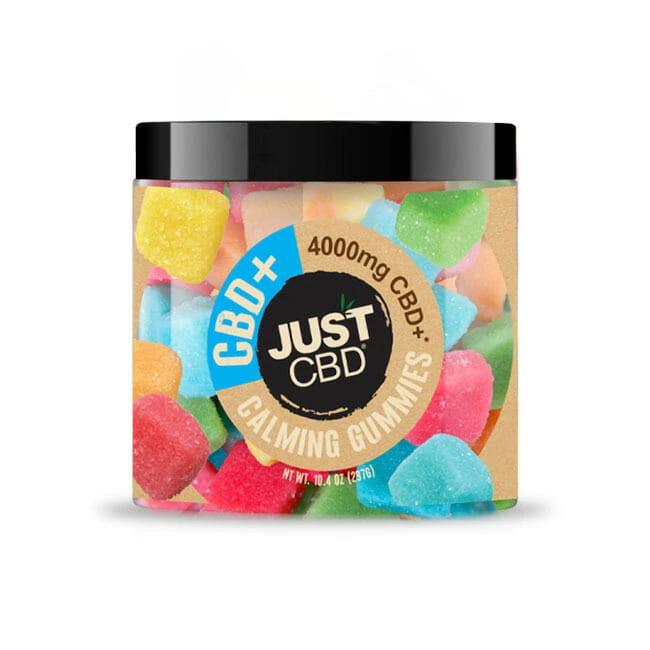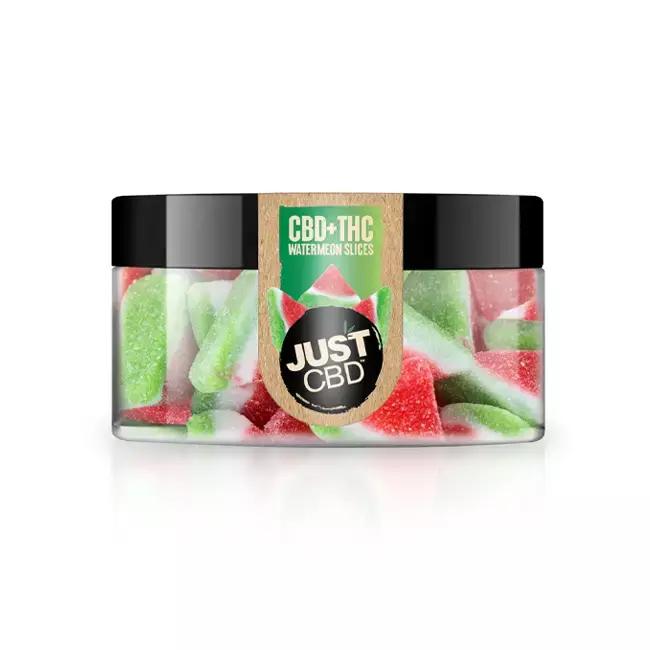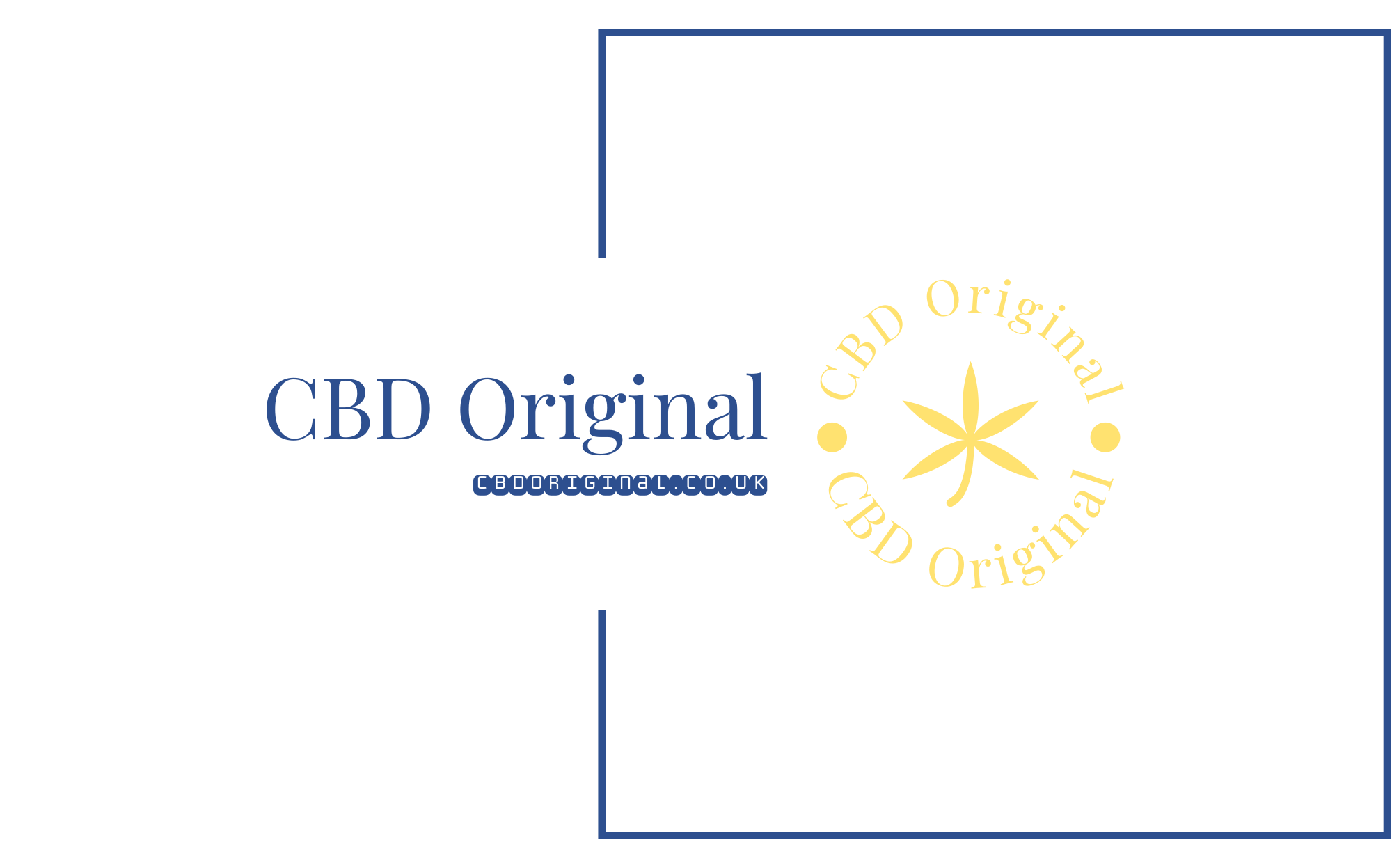Early Experiments and Challenges Early experiments with cannabis beverages were often rudimentary, relying on basic infusions and tinctures. Achieving consistent…
CBD’s Impact on Neurotransmitters
Cannabidiol (CBD), a non-psychoactive compound found in cannabis, has gained significant attention for its potential therapeutic benefits, particularly in the realm of mental health. Research suggests that CBD interacts with neurotransmitters, the chemical messengers in our brain, influencing various cognitive functions. By modulating these crucial pathways, CBD may offer support for improved mental clarity and a reduction in brain fog.
Cannabinoid Receptors and Brain Function
Cannabidiol (CBD), a non-psychoactive compound derived from cannabis, has emerged as a potential therapeutic agent for addressing cognitive impairments like brain fog. While research is ongoing, current evidence suggests that CBD exerts its effects by influencing neurotransmitter systems and interacting with cannabinoid receptors in the brain.

Here’s how CBD may contribute to mental clarity:
- Neurotransmitter Modulation: CBD is believed to influence the activity of key neurotransmitters, such as serotonin, dopamine, and GABA. Serotonin plays a role in mood regulation, while dopamine is involved in motivation and attention. GABA, an inhibitory neurotransmitter, promotes relaxation and reduces anxiety. By modulating these neurotransmitters, CBD may help create a more balanced and stable brain chemistry, potentially leading to improved mental clarity.
- Cannabinoid Receptor Activation: The endocannabinoid system (ECS) is a complex network of receptors and neurotransmitters found throughout the body, including the brain. CBD interacts with these cannabinoid receptors, particularly CB1 receptors, which are densely concentrated in areas associated with cognition, memory, and mood. By activating CB1 receptors, CBD may enhance cognitive function and reduce symptoms of anxiety and stress, contributing to improved mental clarity.
Influence on Neurotransmitter Balance
CBD is believed to influence the activity of key neurotransmitters, such as serotonin, dopamine, and GABA. Serotonin plays a role in mood regulation, while dopamine is involved in motivation and attention. GABA, an inhibitory neurotransmitter, promotes relaxation and reduces anxiety. By modulating these neurotransmitters, CBD may help create a more balanced and stable brain chemistry, potentially leading to improved mental clarity.
The endocannabinoid system (ECS) is a complex network of receptors and neurotransmitters found throughout the body, including the brain. CBD interacts with these cannabinoid receptors, particularly CB1 receptors, which are densely concentrated in areas associated with cognition, memory, and mood. By activating CB1 receptors, CBD may enhance cognitive function and reduce symptoms of anxiety and stress, contributing to improved mental clarity.
Potential Benefits for Mental Clarity
The pursuit of mental clarity is a common goal, sought after by many to improve focus, reduce brain fog, and enhance overall cognitive performance. Cannabidiol (CBD), a non-psychoactive compound derived from cannabis, has emerged as a potential ally in this quest.
Reducing Stress and Anxiety
Mental clarity is essential for optimal cognitive function, productivity, and overall well-being. However, factors such as stress, anxiety, and poor sleep can cloud our minds, leading to brain fog and diminished mental acuity. CBD may offer support for enhancing mental clarity by influencing key neurotransmitters in the brain.
CBD is believed to modulate the activity of neurotransmitters like serotonin, dopamine, and GABA. Serotonin plays a crucial role in mood regulation, while dopamine is involved in motivation, focus, and attention. GABA, an inhibitory neurotransmitter, promotes relaxation and reduces anxiety, which can interfere with mental clarity.
By influencing these neurotransmitters, CBD may help create a more balanced brain chemistry, potentially leading to improved mood, enhanced focus, and reduced feelings of stress and anxiety. This, in turn, can contribute to a clearer and more focused mind.
Improving Focus and Concentration
Cannabidiol (CBD), derived from cannabis, is gaining recognition for its potential to enhance mental clarity and alleviate brain fog. Research suggests that CBD interacts with neurotransmitters in the brain, influencing cognitive functions.
One way CBD may promote mental clarity is by modulating neurotransmitters such as serotonin, dopamine, and GABA. Serotonin plays a vital role in mood regulation, while dopamine is involved in motivation, focus, and attention. GABA, an inhibitory neurotransmitter, promotes relaxation and reduces anxiety, which can impair mental clarity.

By influencing these neurotransmitters, CBD may help create a more balanced brain chemistry, potentially leading to improved mood, enhanced focus, and reduced stress and anxiety.
Combatting Brain Fog
The pursuit of mental clarity is a common goal, sought after by many to improve focus, reduce brain fog, and enhance overall cognitive performance. Cannabidiol (CBD), a non-psychoactive compound derived from cannabis, has emerged as a potential ally in this quest.
Addressing Inflammation
Cannabidiol (CBD) is gaining recognition for its potential to enhance mental clarity and alleviate brain fog. Research suggests that CBD interacts with neurotransmitters in the brain, influencing cognitive functions.
- Neurotransmitter Modulation: CBD is believed to influence the activity of key neurotransmitters, such as serotonin, dopamine, and GABA. Serotonin plays a vital role in mood regulation, while dopamine is involved in motivation, focus, and attention. GABA, an inhibitory neurotransmitter, promotes relaxation and reduces anxiety, which can impair mental clarity.
- Cannabinoid Receptor Activation: The endocannabinoid system (ECS) is a complex network of receptors and neurotransmitters found throughout the body, including the brain. CBD interacts with these cannabinoid receptors, particularly CB1 receptors, which are densely concentrated in areas associated with cognition, memory, and mood. By activating CB1 receptors, CBD may enhance cognitive function and reduce symptoms of anxiety and stress, contributing to improved mental clarity.
By influencing these neurotransmitters, CBD may help create a more balanced brain chemistry, potentially leading to improved mood, enhanced focus, and reduced stress and anxiety. This, in turn, can contribute to a clearer and more focused mind.

Enhancing Cognitive Performance
Mental clarity is essential for optimal cognitive function, productivity, and overall well-being. However, factors such as stress, anxiety, and poor sleep can cloud our minds, leading to brain fog and diminished mental acuity. CBD may offer support for enhancing mental clarity by influencing key neurotransmitters in the brain.
CBD is believed to modulate the activity of neurotransmitters like serotonin, dopamine, and GABA. Serotonin plays a crucial role in mood regulation, while dopamine is involved in motivation, focus, and attention. GABA, an inhibitory neurotransmitter, promotes relaxation and reduces anxiety, which can interfere with mental clarity.
By influencing these neurotransmitters, CBD may help create a more balanced brain chemistry, potentially leading to improved mood, enhanced focus, and reduced feelings of stress and anxiety. This, in turn, can contribute to a clearer and more focused mind.
- Neurotransmitter Modulation: CBD is believed to influence the activity of key neurotransmitters, such as serotonin, dopamine, and GABA. Serotonin plays a vital role in mood regulation, while dopamine is involved in motivation, focus, and attention. GABA, an inhibitory neurotransmitter, promotes relaxation and reduces anxiety, which can impair mental clarity.
- Cannabinoid Receptor Activation: The endocannabinoid system (ECS) is a complex network of receptors and neurotransmitters found throughout the body, including the brain. CBD interacts with these cannabinoid receptors, particularly CB1 receptors, which are densely concentrated in areas associated with cognition, memory, and mood. By activating CB1 receptors, CBD may enhance cognitive function and reduce symptoms of anxiety and stress, contributing to improved mental clarity.
The pursuit of mental clarity is a common goal, sought after by many to improve focus, reduce brain fog, and enhance overall cognitive performance. Cannabidiol (CBD), a non-psychoactive compound derived from cannabis, has emerged as a potential ally in this quest.
Research and Evidence
Mental clarity is a sought-after state for enhanced cognitive function and overall well-being. Factors like stress, anxiety, and poor sleep can impair mental acuity, leading to brain fog. Cannabidiol (CBD), a non-psychoactive compound derived from cannabis, has shown promise in supporting mental clarity.
Studies on CBD’s Cognitive Effects
Cannabidiol (CBD), a non-psychoactive compound found in cannabis, has gained significant attention for its potential therapeutic benefits, particularly in the realm of mental health. Research suggests that CBD interacts with neurotransmitters, the chemical messengers in our brain, influencing various cognitive functions. By modulating these crucial pathways, CBD may offer support for improved mental clarity and a reduction in brain fog.
- Neurotransmitter Modulation: CBD is believed to influence the activity of key neurotransmitters, such as serotonin, dopamine, and GABA. Serotonin plays a role in mood regulation, while dopamine is involved in motivation and attention. GABA, an inhibitory neurotransmitter, promotes relaxation and reduces anxiety. By modulating these neurotransmitters, CBD may help create a more balanced and stable brain chemistry, potentially leading to improved mental clarity.
- Cannabinoid Receptor Activation: The endocannabinoid system (ECS) is a complex network of receptors and neurotransmitters found throughout the body, including the brain. CBD interacts with these cannabinoid receptors, particularly CB1 receptors, which are densely concentrated in areas associated with cognition, memory, and mood. By activating CB1 receptors, CBD may enhance cognitive function and reduce symptoms of anxiety and stress, contributing to improved mental clarity.
Limitations of Existing Research
Despite the growing body of research exploring the potential benefits of CBD for mental clarity and brain fog, there are limitations to existing studies that warrant consideration.
- Limited Human Studies: Much of the current research on CBD’s effects on cognition is based on animal studies or small-scale human trials. Larger, well-controlled clinical trials with diverse populations are needed to confirm these findings and establish definitive conclusions about CBD’s efficacy for improving mental clarity in humans.
- Dosage and Administration Variability: Studies have used varying doses and methods of CBD administration (e.g., oral, topical), making it difficult to determine the optimal dosage and delivery method for achieving desired cognitive benefits. Further research is needed to standardize these parameters.
- Individual Variability: Responses to CBD can vary significantly between individuals due to factors like genetics, metabolism, and existing health conditions. Understanding these individual differences is crucial for personalized treatment approaches with CBD.
- Long-Term Effects: The long-term effects of regular CBD use on cognitive function are not yet fully understood. More research is needed to assess the safety and sustainability of prolonged CBD use for mental clarity.
Considerations and Precautions
While CBD shows promise as a potential aid for enhancing mental clarity and reducing brain fog, it’s important to approach its use with careful consideration.
Dosage and Individual Response
Considerations and precautions should always be taken when using CBD, particularly if you have pre-existing medical conditions or are taking other medications. Consult with a healthcare professional before incorporating CBD into your routine, especially if you are pregnant, breastfeeding, or have any concerns.
Dosage is another crucial factor to consider. Start with a low dose and gradually increase it as needed, monitoring your response carefully.
Individual responses to CBD can vary greatly. Factors like body weight, metabolism, and individual sensitivity play a role in how CBD affects you.
It’s important to be aware that while CBD is generally well-tolerated, it may cause side effects such as dry mouth, drowsiness, or changes in appetite in some individuals.
Potential Interactions with Medications
When considering the use of CBD for mental clarity, it is essential to consult with a healthcare professional. CBD can interact with certain medications, and it’s crucial to ensure that it won’t negatively affect existing medical conditions or other supplements you may be taking.
It is important to note that CBD is not a substitute for professional medical advice or treatment. If you are experiencing symptoms of brain fog or other cognitive impairments, seek guidance from a qualified healthcare provider.
While CBD shows promise as a potential aid for enhancing mental clarity and reducing brain fog, it’s important to approach its use with careful consideration.
Considerations and precautions should always be taken when using CBD, particularly if you have pre-existing medical conditions or are taking other medications. Consult with a healthcare professional before incorporating CBD into your routine, especially if you are pregnant, breastfeeding, or have any concerns.
Dosage is another crucial factor to consider. Start with a low dose and gradually increase it as needed, monitoring your response carefully.
Quality and Safety of CBD Products
When considering the use of CBD products for mental clarity, it is essential to prioritize quality and safety. The burgeoning CBD market lacks consistent regulation, meaning product quality and potency can vary significantly.
Here are some crucial considerations for ensuring you are choosing high-quality and safe CBD products:
- Source and Extraction Method: Choose CBD products derived from organically grown hemp plants, free from pesticides and harmful chemicals. Opt for products extracted using reputable methods, such as CO2 extraction, which is considered the safest and most effective.
- Third-Party Lab Testing: Ensure the CBD product you choose has been tested by an independent third-party laboratory. These lab reports should verify the product’s potency (CBD content), purity (absence of contaminants like heavy metals or pesticides), and consistency.
- Full-Spectrum vs. Isolate: Consider whether you prefer full-spectrum CBD, which contains a range of cannabinoids and terpenes found in the hemp plant, or CBD isolate, which is pure CBD extract. Full-spectrum products may offer potential synergistic benefits from the combined compounds, while isolates provide a targeted dose of CBD.
- Transparency and Reputable Brands: Select CBD products from reputable brands that are transparent about their sourcing, extraction methods, and lab testing practices. Look for companies that provide detailed information on their website and readily share their lab reports.
By carefully considering these factors and making informed choices, you can increase your chances of experiencing the potential benefits of CBD while minimizing any risks associated with low-quality or unsafe products.
CBD Gummies for muscle and joint relief – buy now
Score JustCBD cbd gummy online
Kurious Kittens
My Fabulous Collection
